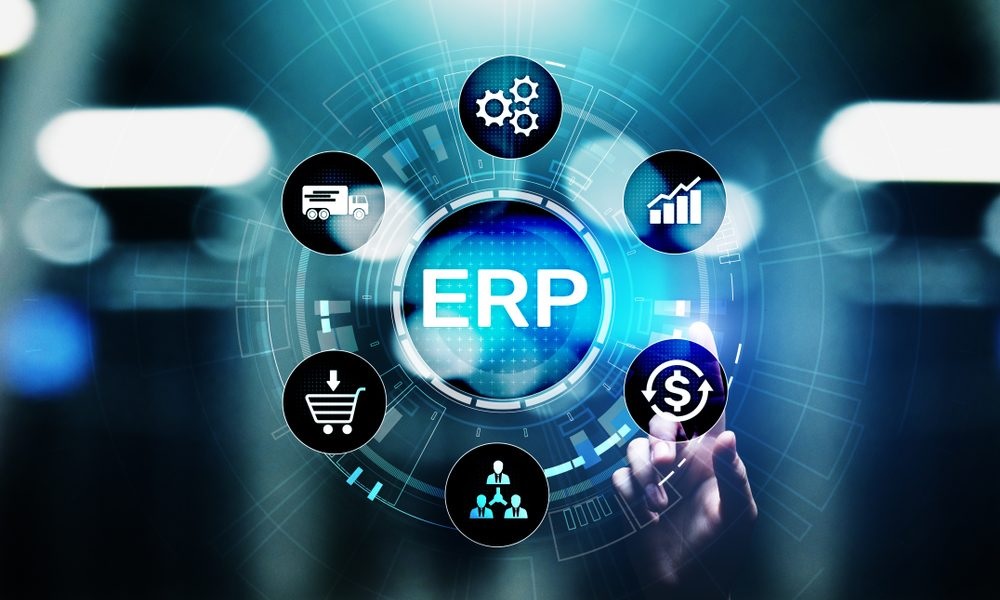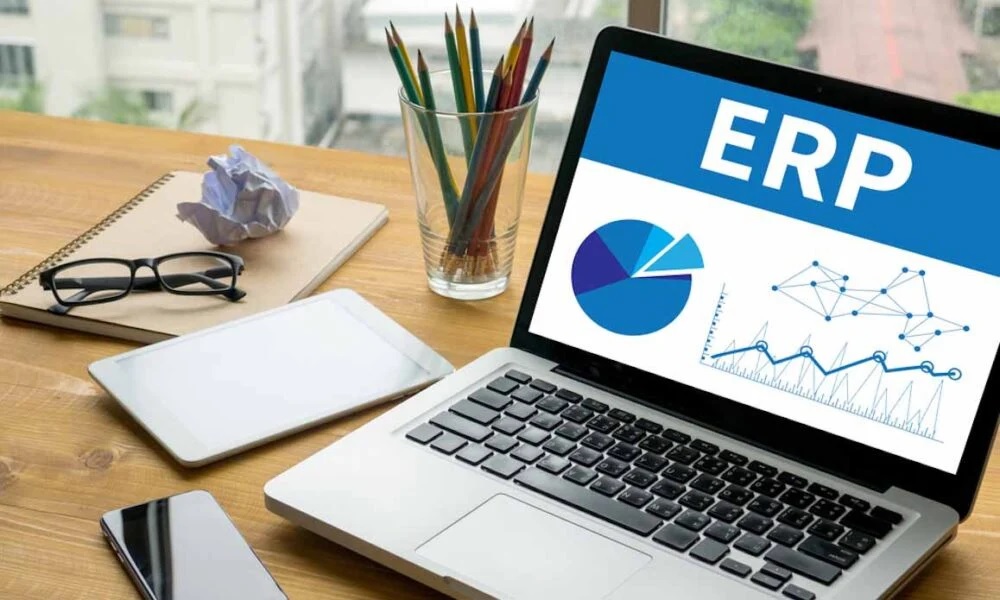Enterprise Resource Planning (ERP) systems have been in use for decades now, helping organizations to streamline their business operations and manage their resources efficiently. However, with the rapid advancement of technology, ERP systems have to evolve to keep up with the changing needs of businesses. In recent years, Artificial Intelligence (AI) and Machine Learning (ML) have emerged as the most promising technologies that can take ERP systems to the next level.
What is AI and Machine Learning?
AI is a branch of computer science that aims to create intelligent machines that can think, reason, and learn like humans. Machine learning, on the other hand, is a subset of AI that involves training machines to learn from data, without being explicitly programmed. In simple terms, AI is the umbrella term under which machine learning falls.
How can AI and Machine Learning benefit ERP systems?
AI and Machine Learning can offer several benefits to ERP systems, including:
- Automated data entry and processing: AI and Machine Learning can automate the process of entering and processing data, reducing the chances of errors and improving the accuracy of the data.
- Intelligent decision-making: AI and Machine Learning can help ERP systems to make intelligent decisions based on the data they collect, allowing organizations to make informed decisions quickly.
- Improved forecasting: AI and Machine Learning can analyze data trends and patterns, helping organizations to forecast demand and plan their resources accordingly.
- Personalized experiences: AI and Machine Learning can analyze customer data to offer personalized experiences, improving customer satisfaction and loyalty.
- Reduced costs: AI and Machine Learning can automate several processes, reducing the need for manual intervention and saving costs in the long run.
Examples of AI and Machine Learning in ERP systems
Several ERP systems are already incorporating AI and Machine Learning into their offerings. Some of the examples are:
- Oracle: Oracle has introduced an AI-powered chatbot that can help users to navigate its ERP system and answer their queries.
- SAP: SAP has launched an ML-powered tool that can identify and predict payment frauds, reducing the chances of financial losses for organizations.
- Infor: Infor has developed an AI-powered tool that can help organizations to optimize their inventory management by predicting demand and supply patterns.
The challenges of integrating AI and Machine Learning into ERP systems
While AI and Machine Learning offer several benefits to ERP systems, there are some challenges to integrating these technologies:
- Data quality: AI and Machine Learning algorithms rely on high-quality data to make accurate predictions. If the data is incomplete or inaccurate, the results can be unreliable.
- Integration with existing systems: Integrating AI and Machine Learning into existing ERP systems can be challenging, as it requires significant changes to the existing architecture.
- Skills gap: Implementing AI and Machine Learning requires specialized skills that may not be available within the organization.
- Cost: Implementing AI and Machine Learning can be expensive, especially for small and medium-sized organizations.
AI and Machine Learning have the potential to revolutionize ERP systems, offering several benefits to organizations, including improved efficiency, reduced costs, and intelligent decision-making. However, integrating these technologies into existing ERP systems can be challenging, and organizations need to carefully consider the costs and benefits before embarking on such a project.




